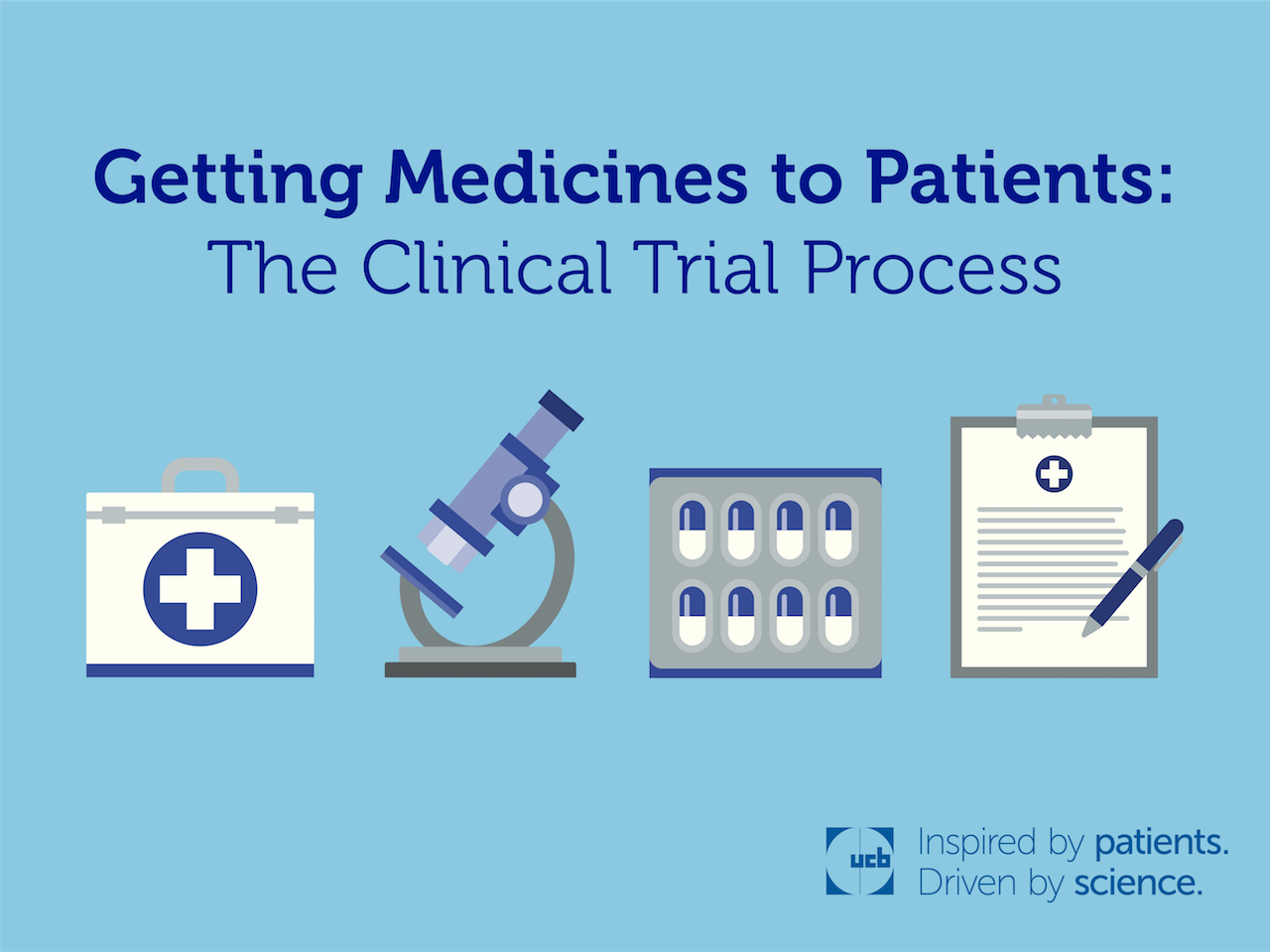
In case you missed it, last week we covered the basics of clinical research but there is a lot more to how a drug eventually makes it to patients. In fact, only 12 percent of medicines that enter clinical research will ever make it to patients.1
This week, we’re exploring the four phases that make up clinical research studies as well as what is studied during each step.
Phase 1: This phase typically consists of 50 to 100 healthy volunteers. During phase 1, researchers assess the drug’s safety, determine the side effects, and evaluate how the drug should be taken.
Phase 2: Typically, 100 to 300 patients with the condition for which the medicine, device, product, or treatment has been developed participate in this next phase. Researchers look to assess the short-term safety and effectiveness of the drug, find the dose at which it works best with the least side effects, and conduct a small-scale placebo comparison.
Phase 3: In phase 3, the pool of volunteers must be must larger. Typically, between several hundred and several thousand patients participate, so researchers can confirm the drug’s safety and effectiveness and compare the new drug to other compounds (e.g., a placebo or other therapies).
Following the completion of Phase 3, a drug is approved (or not approved) by the U.S. Food and Drug Administration (FDA) for use by specific patients. Phase 4 may only begin if the drug is approved.
Phase 4: Finally, after the drug is approved researchers look to study the effectiveness of the drug in a wide variety of patients as well as monitor the safety in a large group and enable the development of new uses for the compound. These studies often involve thousands of patients and can inform future research and development.
Voluntary participation in clinical trial research helps scientists bring new medicines to patients faster, but should be considered carefully in conjunction with advice from a healthcare professional. To learn more, check back next week about the benefits and potential disadvantages of participating in a clinical research study. Find details about UCB’s Clinical Studies or search the independent registry, clinicaltrials.gov.
Sources:
- Pharmaceutical Research and Manufacturers of America. Research & Development Clinical Trials. Retrieved from https://www.phrma.org/advocacy/research-development/clinical-trials
For more in our series on clinical studies, check out:
Choose Country
- Global Site – English
- Australia – English
- België – Engels
- Belgique – Anglais
- Brasil – Português
- България – Български
- Canada – English
- Canada – Français
- 中国 – 中文
- Česká Republika – Angličtina
- Danmark – Engelsk
- Deutschland – Deutsch
- France – Français
- España – Español
- Ελλάδα – Ελληνικά
- India – English
- Ireland – English
- Italia – Inglese
- 日本 – 日本語
- Казахстан – ағылшын тілі
- 한국 – 한국어
- Luxembourg – Anglais
- Luxemburg – Engels
- Magyarország – Angol
- México & Latinoamérica – Español
- Nederland – Engels
- New Zeeland – English
- Norge – Engelsk
- Österreich – Deutsch
- Polska – Polski
- Portugal – Inglês
- România – Engleză
- Россия – Русский
- Slovensko – Anglický
- Suomi – Englanti
- Sverige – Engelska
- Schweiz – Deutsch
- Suisse – Français
- Türkiye – Türkçe
- Україна – Англійська
- United Kingdom – English
- U.S.A. – English



